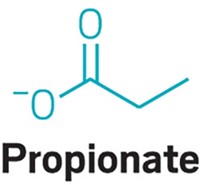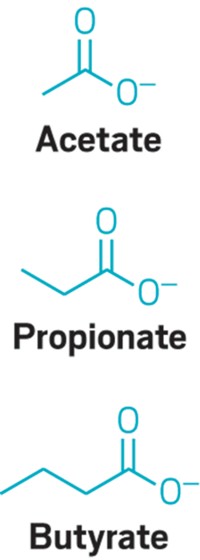Advertisement
Grab your lab coat. Let's get started
Welcome!
Welcome!
Create an account below to get 6 C&EN articles per month, receive newsletters and more - all free.
It seems this is your first time logging in online. Please enter the following information to continue.
As an ACS member you automatically get access to this site. All we need is few more details to create your reading experience.
Not you? Sign in with a different account.
Not you? Sign in with a different account.
ERROR 1
ERROR 1
ERROR 2
ERROR 2
ERROR 2
ERROR 2
ERROR 2
Password and Confirm password must match.
If you have an ACS member number, please enter it here so we can link this account to your membership. (optional)
ERROR 2
ACS values your privacy. By submitting your information, you are gaining access to C&EN and subscribing to our weekly newsletter. We use the information you provide to make your reading experience better, and we will never sell your data to third party members.
Microbiome
Sauerkraut bacteria signal the immune system
Metabolite from lactic acid bacteria activates immune cells
by Laura Howes
May 25, 2019
| A version of this story appeared in
Volume 97, Issue 21
Fermented foods are known to be good for you, and good old-fashioned sauerkraut made by fermenting cabbage with lactic acid bacteria is no exception. Claudia Stäubert and colleagues at Leipzig University were investigating hydroxycarboxylic acid (HCA) receptors when they discovered that a molecule produced by sauerkraut bacteria, D-phenyllactic acid, binds strongly to one of those receptors, HCA3 (PLOS Genet. 2019, DOI: 10.1371/journal.pgen.1008145). The team fed volunteers sauerkraut and found high levels of D-phenyllactic acid in their blood and urine, high enough to activate the volunteers’ immune cells. This observation suggests that sauerkraut plays a physiological role as well as a nutritional one, a finding that Thue Schwartz of the University of Copenhagen says is “truly interesting.”
HCA3 is found in only humans and apes. By using bioinformatics, Stäubert’s team showed that the gene for HCA3 entered the ape genome around the same time as did the gene for alcohol dehydrogenase, which helps us break down toxic alcohols. These findings make a “compelling case” that a change in diet modified the molecular biology of our primate ancestors, says Steven Benner of the Foundation for Applied Molecular Evolution.





Join the conversation
Contact the reporter
Submit a Letter to the Editor for publication
Engage with us on Twitter